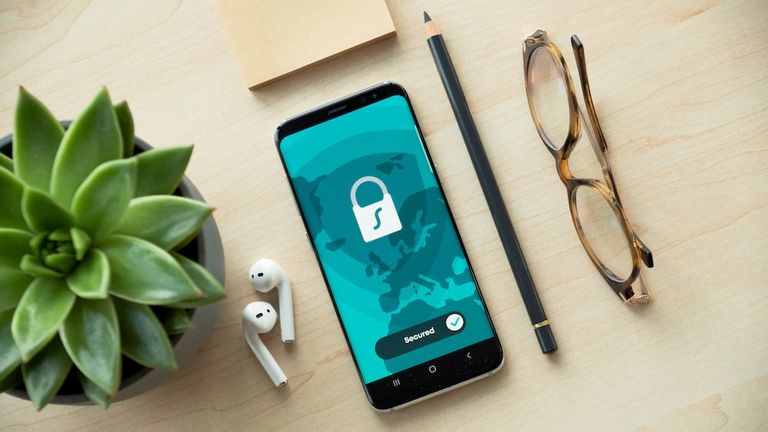Hello everyone!
How are you all doing?
I hope everyone is doing great.
In this blog I am sharing with you some steps you can take to prevent your online privacy and data from danger.
In today's digital age, securing your online privacy and data is of paramount importance. With the increasing prevalence of cyber threats and data breaches, taking steps to protect your personal information has become a necessity. Here are some essential tips for safeguarding your online privacy and data.
Strong, Unique Passwords: Use strong, unique passwords for your online accounts. Avoid easily guessable information like birthdays or "password123." Consider using a password manager to generate and store complex passwords securely.
Enable Two-Factor Authentication (2FA): Whenever possible, enable 2FA for your accounts. This adds an extra layer of security by requiring a second verification method, such as a text message or a mobile app, in addition to your password.
Regularly Update Software: Keep your operating system, applications, and antivirus software up to date. Developers release updates to patch security vulnerabilities, so timely updates are essential.
Use a Virtual Private Network (VPN): A VPN encrypts your internet connection, making it more difficult for others to intercept your online activities. It's especially important when using public Wi-Fi networks.
Be Cautious with Email: Be wary of phishing emails that attempt to trick you into revealing sensitive information. Verify the sender's authenticity and avoid clicking on suspicious links or downloading attachments.
Review App Permissions: When installing apps, review the permissions they request. Grant only necessary permissions, as some apps may access more data than they need.
Secure Social Media Privacy Settings: Adjust your social media privacy settings to control who can see your posts and personal information. Limit the amount of personal data you share online.
Regularly Back Up Data: Create backups of important data to an external drive or a cloud service. In case of data loss or a ransomware attack, you can recover your information.
Use Encrypted Communication: For sensitive conversations or file sharing, use end-to-end encrypted messaging apps like Signal or WhatsApp. These ensure that only you and the recipient can access the content.
Practice Safe Browsing: Be cautious when visiting websites and downloading files. Use a reputable browser with built-in security features, and avoid visiting suspicious or unsecured websites.
Check for HTTPS: Before entering personal information on a website, check if the URL begins with "https://." This indicates a secure, encrypted connection.
Regularly Monitor Accounts: Frequently check your bank and credit card statements for any unauthorized transactions. Report any suspicious activity immediately.
Educate Yourself: Stay informed about the latest cybersecurity threats and best practices for online security. Awareness is your first line of defense.
Secure Your Wi-Fi Network: Change default router passwords, use WPA3 encryption, and hide your network's SSID to make it harder for unauthorized users to access your Wi-Fi.
By implementing these tips, you can significantly enhance your online privacy and data security. While no method can guarantee absolute protection, these practices will make it much more challenging for cybercriminals to compromise your personal information. Stay vigilant and proactive in safeguarding your digital life.
Thanks for giving me your precious time.
Peace out!
